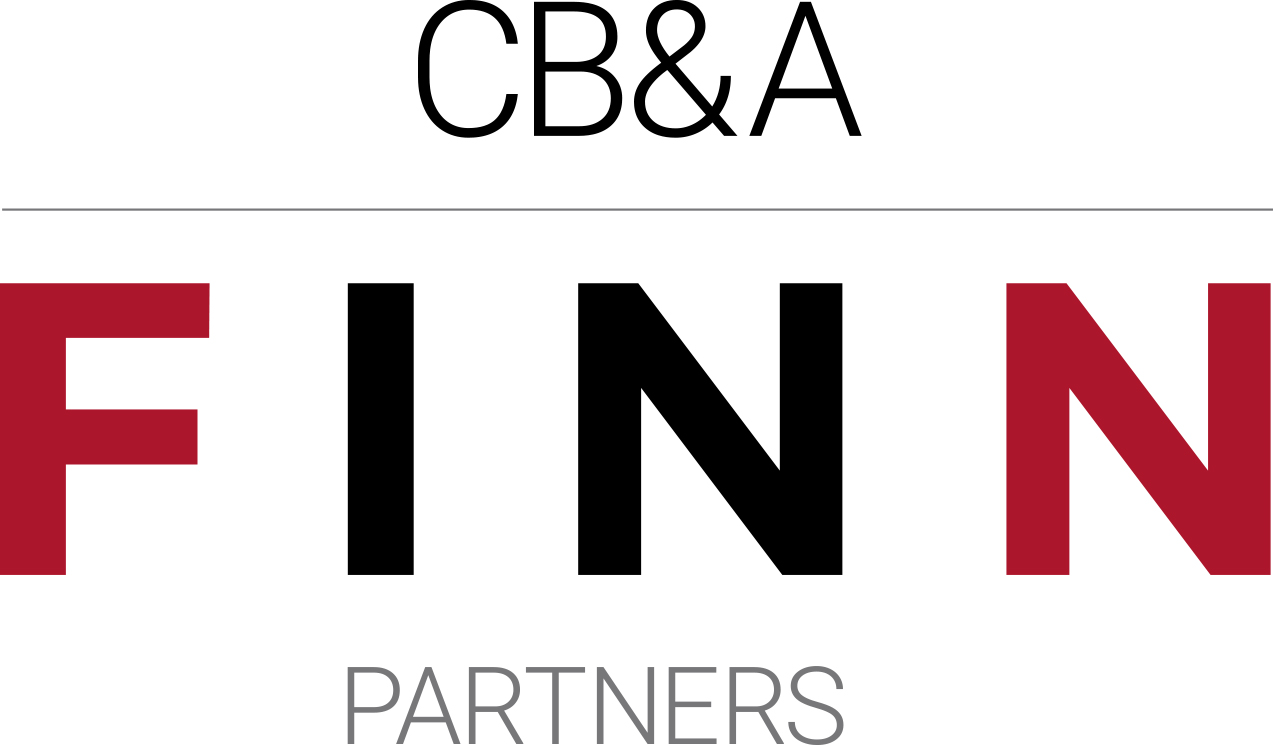

Cutting through all the chatter and getting buyers’ attention is always a challenge for business-to-education marketers, especially in what has become a very crowded marketplace—and the pandemic has only ramped up this challenge. In the absence of in-person meetings and events, content marketing has taken on greater importance.
In-person meetings are highly effective venues for companies to introduce themselves to prospects, forge relationships, establish trust, and close sales: As the Harvard Business Review reports, a face-to-face request is 34 times more successful than an email. Not being able to connect with customers and prospects in person during the pandemic has made it harder for B2E marketers to develop relationships and build awareness of their brand, a recent CB&A survey confirms.
Download the exclusive report: B2E Marketing During a Pandemic
“The lack of in-person education technology conferences [has made it more difficult] to get our brand noticed,” one respondent observed. Another said: “Building awareness fast enough [has been a challenge]. Our competitors in the U.S. made dramatic inroads because they were known, trusted domestic brands and we weren’t.”
Without in-person events, companies have had to rely more on other marketing strategies. However, this has further intensified the noise that B2E marketers have had to break through in promoting their solutions—and many survey respondents noted the “Zoom fatigue” their customers and prospects are feeling.
“Some of the channels that previously were effective, [such as] email marketing and online webinars, have become more saturated during the pandemic and [therefore] less effective,” one person wrote.
Generating and leveraging high-quality content can help. Content marketing is always important, but without in-person conferences, it has assumed an even more significant role in B2E marketing initiatives.
How can companies build trust and brand awareness, especially at a time when face-to-face interaction is limited? By offering timely, actionable content that helps educators solve their most pressing challenges—while proving themselves both knowledgeable and reliable in the process.
According to our survey, establishing thought leadership has become a more important marketing goal for 56 percent of companies during the pandemic. Producing high-quality content is a key way to do this, so it’s not surprising that content marketing has also grown in importance for 55 percent of respondents.

“Thought leadership content was really important,” said one B2E marketer in explaining the company’s success over the last 18 months. “Educators are stretched very thin while trying to navigate the pandemic, so building trust and providing useful recommendations was important, [as opposed to] leading with direct product pitches.”
Another survey respondent relayed that creating compelling content to help educators take care of students’ social-emotional needs during the pandemic “has brought more interest to our company.”
For additional insight on B2E marketing during the pandemic, including three key lessons that companies have learned, you can download the full survey report here.
